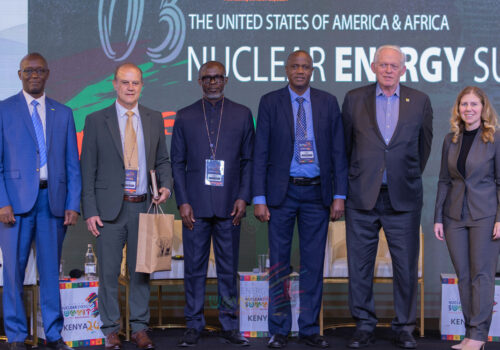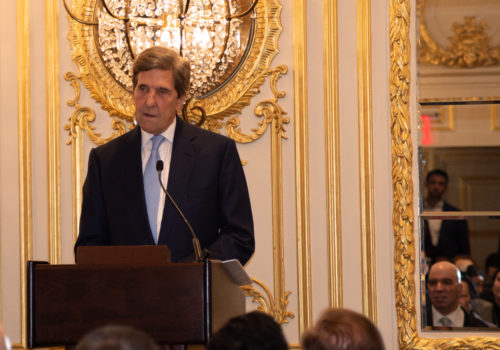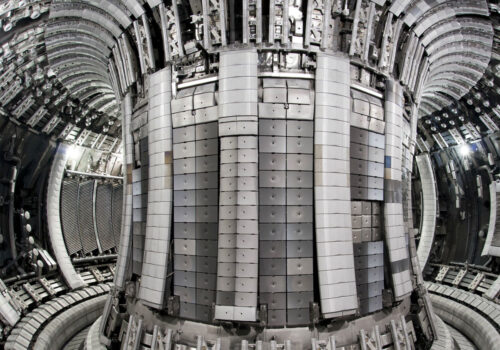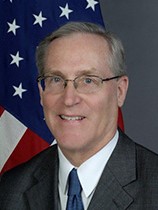The Nuclear Energy Policy Initiative houses the Atlantic Council Global Energy Center‘s work on the ways in which nuclear energy can contribute to US national security and global decarbonization.
The initiative focuses on cross-cutting themes, primarily: the nexus between nuclear energy and national security; international civil nuclear cooperation and competition; the nuclear energy innovation ecosystem; and the role of nuclear energy in decarbonization and the broader energy transition.
STAY CONNECTED
Sign up for updates on the Atlantic Council Global Energy Center’s events, publications, and more.

FEATURED
What are opportunities for advanced nuclear technologies in Louisiana?
In March 2025, the Atlantic Council—in partnership with the Idaho National Laboratory and Louisiana State University—addressed the potential role advanced nuclear energy technologies can play in Louisiana’s manufacturing sector.
EVENTS
The Nuclear Energy Policy Initiative convenes key stakeholders to address the role that nuclear energy plays in US national security, geopolitical competition and cooperation, and the energy transition.
LATEST ANALYSIS
Exploring nuclear energy’s future
Working with Atlantic Council experts, the Nuclear Energy Policy Initiative analyzes the role of nuclear energy in national security and in the ongoing energy transition.
STAFF
FELLOWS

The Global Energy Center develops and promotes pragmatic and nonpartisan policy solutions designed to advance global energy security, enhance economic opportunity, and accelerate pathways to net-zero emissions.






















